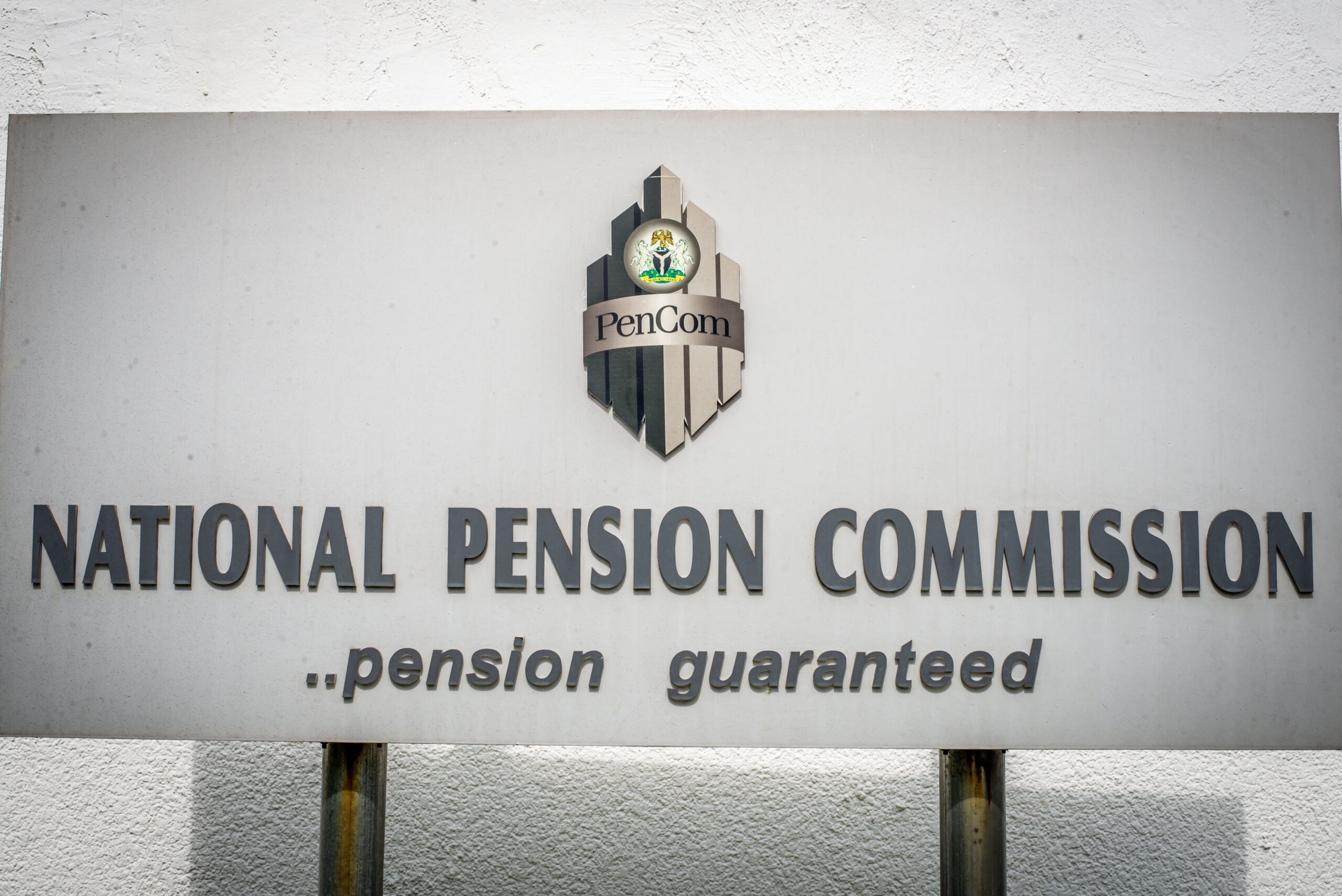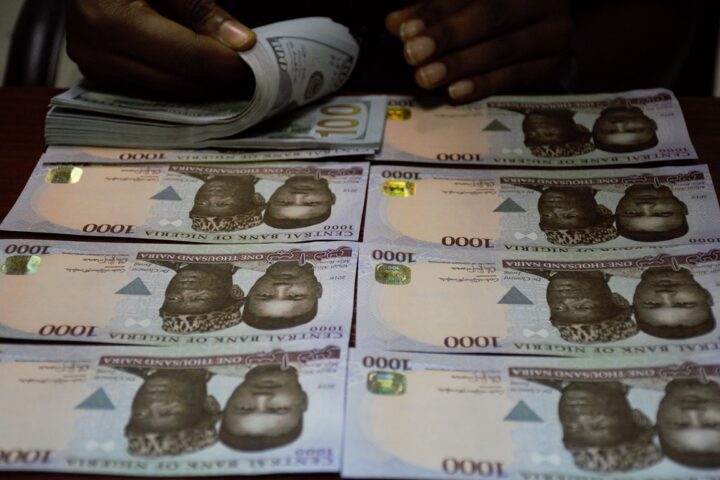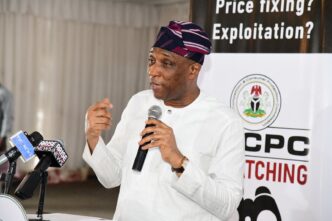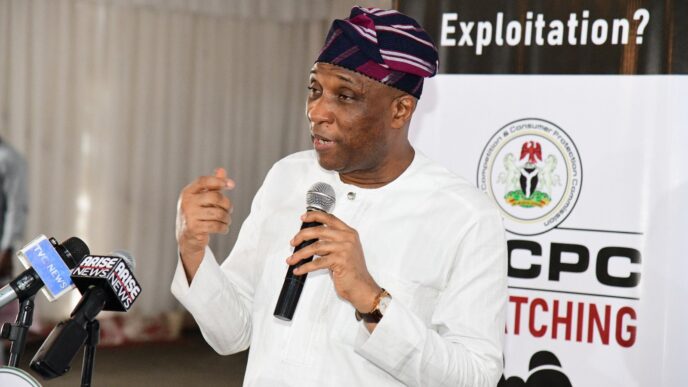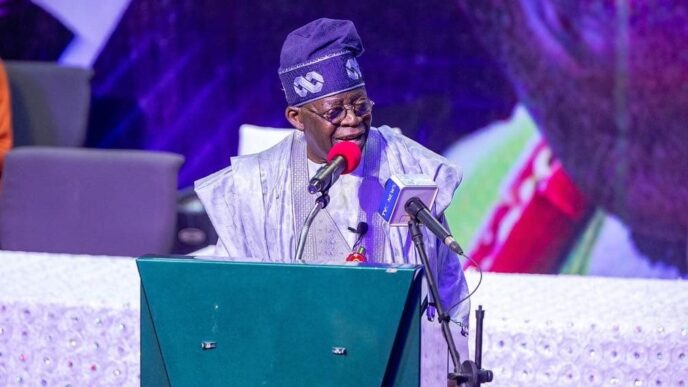The Central Bank of Nigeria (CBN) says inflation will be driven by changes in energy prices, exchange rates, and transportation costs, over the next six months.
CBN reported the inflation outlook in its ‘Inflation Expectations Survey for August,’ released on Thursday.
The survey comes after Nigeria’s inflation rate declined to 33.40 percent in July, below the 34.19 percent reported in June.
CBN said businesses and households were interviewed about their perceptions of the inflation rate and their responses formed the basis of the survey.
Advertisement
“Over the next six months, both businesses and households expect the inflation outlook to be primarily driven by changes in energy prices, exchange rates, and transportation costs,” the financial regulator said.
According to the apex bank, respondents expect the inflation rate to gradually reduce over the next six months “as their indices showed considerable improvement over the review periods”.
However, the survey showed that businesses anticipate a lower inflation rate compared to households.
Advertisement
CBN said respondents expect increased expenditure in the next month and the next three months — with positive indices of 29.2 and 30.3 points, respectively.
“However, they expect a significant decline in their expenditure over the next six months, as indicated by a negative index of -7.8 points,” CBN said.
“While households expect to maintain their expenditure basket till October 2024 but significantly decrease it in February 2025, businesses indicated a steady decline in their expenditure appetite over the reviewed periods.”
On the overall perception of the inflation rate in August, CBN said 84.9 percent of the respondents felt the current level of inflation was too high, “culminating to an index of -63.2 points”.
Advertisement
However, a breakdown of the responses indicates that businesses (-61.2 points) are slightly more optimistic than households (-65.2 points).
“A further breakdown shows that the micro businesses showed least pessimism with -58.2 index points,” CBN said.
“Further breakdown by income group revealed that respondents in the N150,001-200,000 income group recorded the highest inflation perception index of -70.2 points while the above 200,000 income group reported the lowest inflation perception index at -54.4 index point.”
CBN said the major factors that played a crucial role in shaping the perception of inflation among both businesses and households were energy cost, transportation, and exchange rate.
Advertisement

